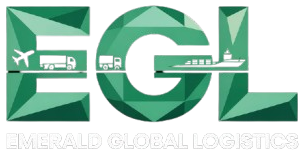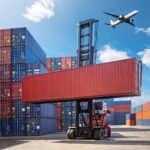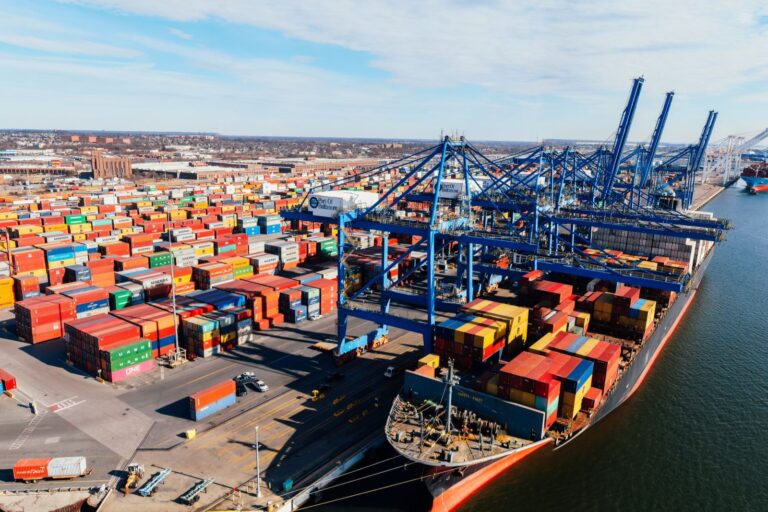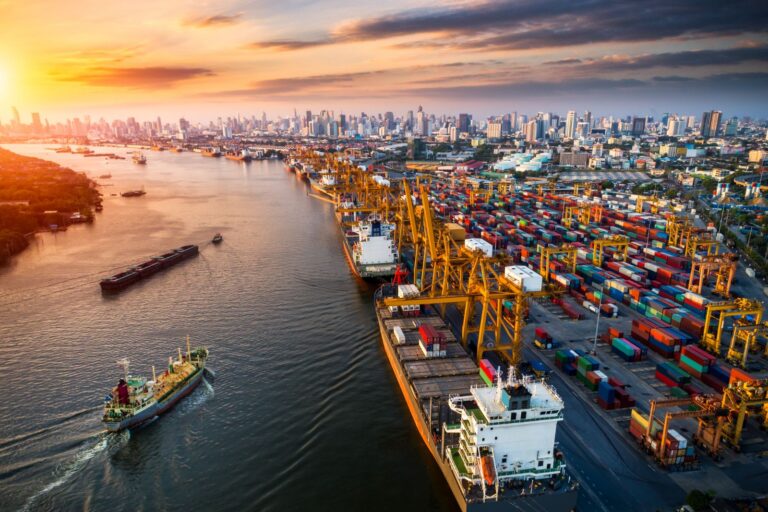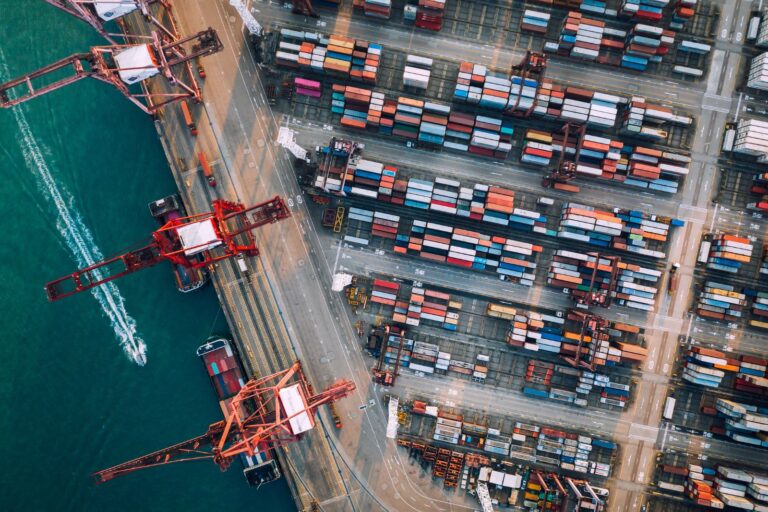Global trade has never been more complex. Businesses and individuals shipping goods across borders face challenges such as customs regulations, shipping documentation, and transit logistics. Without proper coordination, shipments can face costly delays or even legal issues.
This is where freight forwarding comes in. But what is freight forwarding exactly? Simply put, it’s a service that manages the transportation of goods from one location to another, ensuring that cargo reaches its destination efficiently, securely, and cost-effectively.
At EGL – Emerald Global Logistics, we specialise in freight forwarding services across Australia, providing businesses with streamlined supply chain solutions. From customs clearance to international shipping, we help clients navigate the complexities of global trade.
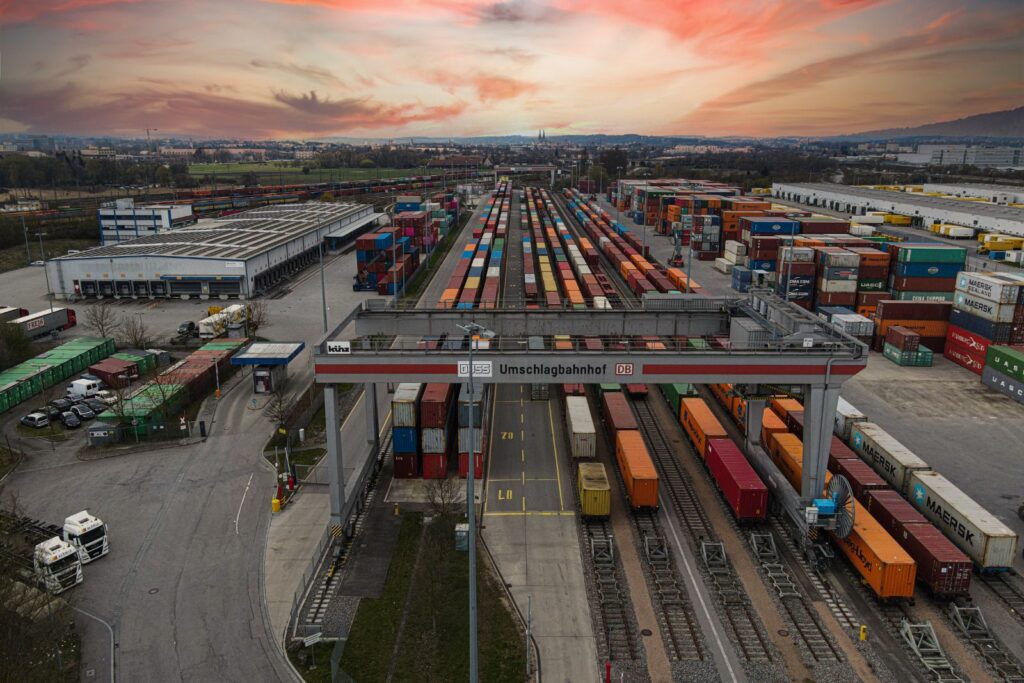
Benefits & Advantages of Freight Forwarding
Freight forwarding offers numerous advantages for businesses and individuals engaged in shipping:
- Expert Handling: Experienced professionals manage documentation, logistics, and compliance.
- Cost Savings: Consolidation of shipments and optimised routes reduce transport costs.
- Time Efficiency: Coordinated logistics ensure faster transit and delivery.
- Risk Management: Insurance, tracking, and secure handling minimise losses.
- Custom Solutions: Tailored services for businesses, e-commerce, and specialised cargo.
How Freight Forwarding Works
Step 1: Shipment Planning
Freight forwarders assess the cargo, choose suitable transportation modes (air, sea, or land), and create a shipping plan.
Step 2: Documentation & Compliance
Shipping internationally requires accurate documentation, such as:
- Bill of Lading (BOL)
- Commercial Invoice
- Packing List
- Export/Import Licenses
Freight forwarders ensure all paperwork meets international regulations.
Step 3: Cargo Pickup & Transportation
The forwarder arranges pickup from the supplier or warehouse and coordinates transit to the port or airport.
Step 4: Customs Clearance
Customs procedures are complex. Freight forwarders handle duties, tariffs, and regulatory checks to prevent delays.
Step 5: Delivery to Destination
Once cleared, cargo is transported to its final destination, and the consignee is notified.
At EGL, we provide end-to-end support at every stage, making international shipping seamless.
Costs and Pricing Insights
Pricing depends on several factors:
- Mode of Transport: Air freight is faster but more expensive than sea freight.
- Cargo Size & Weight: Larger shipments incur higher costs.
- Customs Duties & Taxes: Fees vary by destination country.
- Additional Services: Insurance, packaging, and warehousing add to costs.
Despite costs, the benefits of professional freight forwarding—efficiency, compliance, and security—often outweigh the investment.
Tips & Best Practices
- Choose a Reliable Forwarder: Ensure your provider has global networks and experience.
- Prepare Accurate Documentation: Mistakes can cause delays and fines.
- Track Shipments: Use online portals or GPS tracking to monitor cargo.
- Consolidate Shipments: Reduce costs by combining smaller shipments.
- Plan for Contingencies: Anticipate delays due to customs or weather.
Common Mistakes to Avoid
- Relying solely on shipping carriers without a forwarder.
- Inaccurate or missing shipping documents.
- Failing to declare hazardous or regulated goods.
- Ignoring transit tracking and updates.
- Not understanding destination country regulations.
Use Cases of Freight Forwarding
- E-commerce Businesses: Shipping products to global customers efficiently.
- Manufacturers: Exporting raw materials or finished goods internationally.
- Automotive Industry: Transporting vehicles across continents.
- Perishable Goods: Coordinating temperature-controlled shipping for food or pharmaceuticals.
EGL offers customised freight forwarding solutions for all these scenarios, ensuring smooth delivery and client satisfaction.
FAQs: What Is Freight Forwarding
1. What is freight forwarding in simple terms?
- It’s the process of managing cargo shipment from origin to destination efficiently.
2. Do I need a freight forwarder for international shipping?
- Yes, they handle documentation, compliance, and logistics to avoid delays.
3. How is freight forwarding different from shipping?
- Shipping is transportation, while freight forwarding includes planning, documentation, and coordination.
4. Can freight forwarders handle customs clearance?
- Yes, professional forwarders manage duties, taxes, and regulations.
5. What types of goods can be shipped via freight forwarding?
- Almost any cargo, including consumer goods, machinery, vehicles, and perishables.
Conclusion
Freight forwarding is a vital part of global logistics. It ensures that goods reach their destination efficiently, securely, and in compliance with international regulations. By partnering with a trusted provider like EGL – Emerald Global Logistics, businesses can simplify shipping, reduce risks, and save time and costs.
If you’re ready to streamline your logistics and take control of your supply chain, contact EGL today for expert freight forwarding services.
